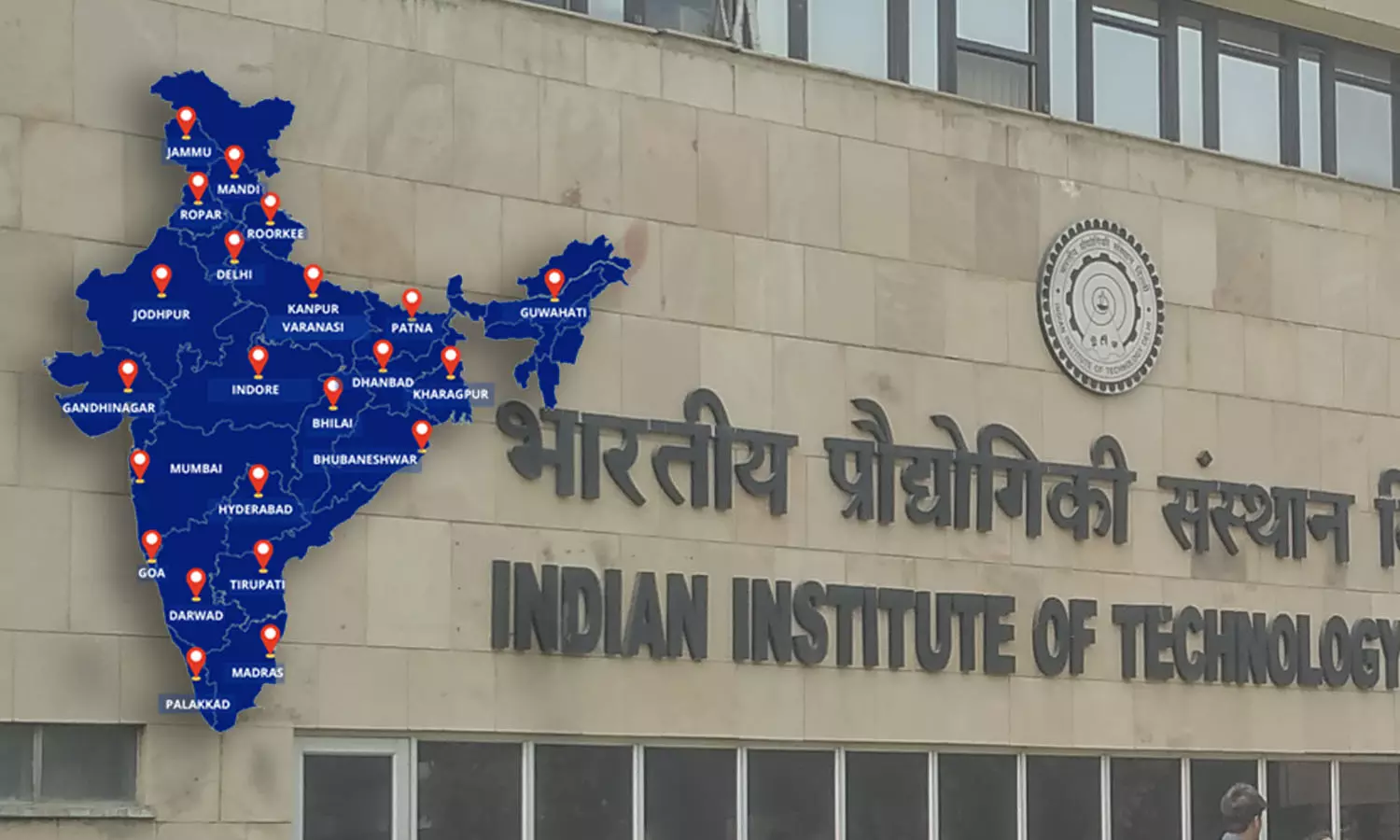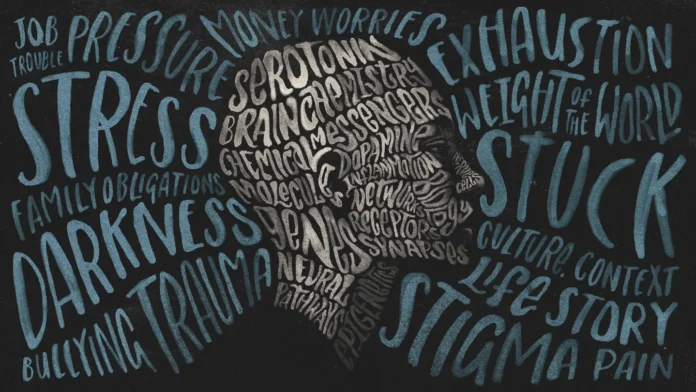In a harrowing incident that has brought attention to the extreme pressure young students face in India, a 17-year-old girl in New Delhi took her own life after failing to clear the Joint Entrance Examination (JEE). The tragedy unfolded on Friday when the girl, unable to cope with the disappointment of her exam results, jumped from the seventh floor of a residential building in Shaheen Bagh, leaving behind a note that read, “Forgive me, I couldn’t do it.”
This devastating story has sparked an outpouring of grief and concern about the mental health challenges and societal pressures faced by students in the competitive educational landscape. Each year, thousands of students undergo rigorous preparation for exams like JEE, which often dictate their academic and professional futures. For many, failure becomes an unbearable burden, leading to tragedies like this one. This article explores why these incidents are becoming more common, what drives students to such despair, and how the system and society can respond to prevent future heartbreaks.

The High-Stakes Nature of Competitive Exams and Suicide Risk
For countless students in India, the JEE is more than just an entrance exam—it’s a perceived gateway to future success. Clearing JEE opens doors to prestigious engineering institutions like the Indian Institutes of Technology (IITs), creating an intense sense of achievement and validation. However, the intense preparation process, often coupled with immense family and societal expectations, has a dark side. For some, failing to clear the JEE translates not just into academic failure but also a sense of personal inadequacy. Tragically, these feelings of failure can lead to depression, anxiety, and, in extreme cases, suicide.

In the case of the young girl from Jamia Nagar, her suicide note encapsulated the immense guilt and perceived failure she felt, writing simply, “Forgive me, I couldn’t do it.” These words illustrate how deeply students internalize their exam outcomes, often blaming themselves to the point of despair. This is not an isolated case—several students across India have died by suicide in recent years following exam results, underscoring a systemic crisis that demands urgent attention.
Understanding the Psychological Toll: Why Suicide Rates Among Students Are Rising
Mental health experts attribute this rising trend in student suicides to multiple factors, including academic pressure, societal expectations, and a lack of coping mechanisms. Many students enter these exams with high hopes, often instilled by parents and teachers who view prestigious institutions as pathways to prosperity. When these expectations are unmet, the disappointment can be overwhelming, and students may feel they have failed not only themselves but also their families.
 In India, where open conversations about mental health are still uncommon, many students struggle in silence. Schools and colleges often lack robust support systems to address the psychological toll of academic failure, leaving students to cope alone. For some, suicide tragically becomes the only escape from the emotional burden. Experts suggest that increasing awareness around mental health, creating safe spaces for students, and reducing societal pressure could help in reducing the number of student suicides related to exam results.
In India, where open conversations about mental health are still uncommon, many students struggle in silence. Schools and colleges often lack robust support systems to address the psychological toll of academic failure, leaving students to cope alone. For some, suicide tragically becomes the only escape from the emotional burden. Experts suggest that increasing awareness around mental health, creating safe spaces for students, and reducing societal pressure could help in reducing the number of student suicides related to exam results.
The Role of Family and Society in Shaping Student Outcomes
Family expectations are often one of the most significant pressures students face. Parents, driven by the hope of securing a better future for their children, sometimes unintentionally place immense pressure on them to excel in competitive exams like JEE. Success in such exams has become symbolic of family honor and personal worth, further compounding the stress students experience. In some cases, families invest considerable financial resources into coaching classes, heightening students’ guilt if they do not perform as expected.
To address this issue, families must shift their focus from exam results to overall well-being, fostering an environment where students feel valued regardless of academic achievements. By prioritizing mental health and emotional resilience, families can help their children develop healthier perspectives on success and failure, reducing the risk of extreme outcomes like suicide.
Educational Institutions’ Role in Suicide Prevention and Mental Health Support
Educational institutions also play a vital role in shaping students’ experiences. In the current scenario, schools and coaching centers tend to emphasize academic success without addressing the mental health aspects associated with high-stakes exams. Incorporating mental health support systems within these institutions could be life-saving. Regular mental health check-ins, counseling services, and stress management workshops can equip students with coping mechanisms to manage failure and disappointment.
Programs promoting resilience, self-compassion, and realistic goal-setting could provide students with tools to navigate setbacks constructively. Moreover, schools can foster an environment where discussing mental health is normalized, helping students feel more comfortable seeking support when needed.
The Role of Policy and Potential Reforms
The alarming rise in suicides linked to exam pressure has prompted discussions about potential reforms in India’s educational system. Policymakers could consider steps to make the examination process less intimidating, such as introducing continuous assessment models over a single high-stakes exam. This shift could help ease the intense pressure associated with exams like the JEE by providing students with multiple opportunities to demonstrate their abilities, rather than hinging their future on a single test.
Additionally, mandating mental health education within school curricula could build awareness and resilience from an early age. By teaching students how to handle failure, seek help, and manage stress, India’s educational system can empower students to prioritize their mental well-being.
Moving Forward: Preventing Future Tragedies
The tragic suicide of the 17-year-old girl from Delhi is a painful reminder of the importance of mental health, emotional resilience, and societal support in shaping students’ lives. While exams like JEE will remain part of the educational landscape, it is essential to ensure that students understand that these tests do not define their worth or potential.
Creating a culture where mental health is prioritized, academic success is balanced with emotional well-being, and failure is not stigmatized could pave the way for healthier, happier students. Families, educational institutions, and policymakers all have critical roles to play in achieving this vision. By fostering a more compassionate, understanding approach to education, society can work toward a future where tragic outcomes like suicide are minimized, and students are empowered to pursue their dreams without the crippling fear of failure.
As this story unfolds, it stands as a call to action, urging every part of society to rally together in supporting young minds and prioritizing mental health over academic success.

